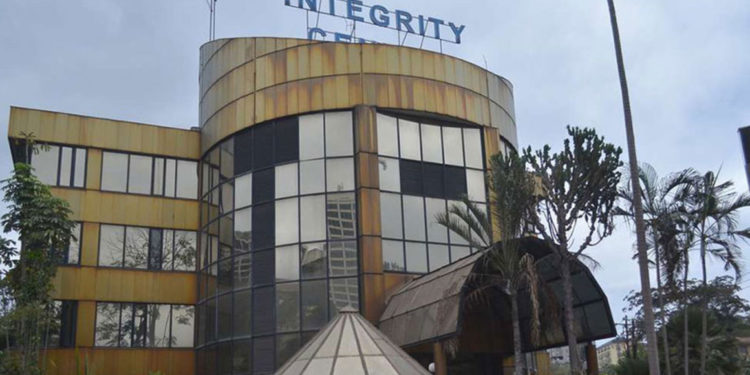The Ethics and Anti-Corruption Commission (EACC) pledges to conduct a comprehensive investigation into government initiatives financed through borrowed funds, contributing to the surge in public debt, now standing at KES 11 trillion.
Under the current administration, which has accumulated a debt exceeding KES 2.4 trillion since assuming office, the EACC underscores numerous projects funded by these resources warrant scrutiny.
These revelations surfaced during the initiation of a week-long workshop jointly held between the anti-corruption agency and the parliamentary Justice and Legal Affairs Committee (JLAC) in Naivasha. Concurrently, the JLAC has thrown its weight behind calls to probe the expenditure of these funds.
Chairman of the EACC, Bishop David Oginde, disclosed that the commission is conducting a thorough review of both past and ongoing national projects to assess fund utilization.
Speaking to reporters on the sidelines of the workshop, Oginde emphasized the collaborative efforts necessary to combat corruption, dismissing assertions that the Naivasha retreat was prompted by recent discussions between the President and the Judiciary at the State House concerning graft allegations.
Tharaka MP and Chair of JLAC George Murugara, highlighted the committee’s initiative to develop a legislative framework aimed at bolstering EACC’s operational effectiveness. This endeavor includes exploring options to augment the commission’s budgetary allocation to better enable it to fulfill its mandate.
CEO of EACC,Twalib Mbarak, echoed the sentiments regarding the need for enhanced resources, acknowledging both the advantages and disadvantages associated with granting prosecutorial powers to the commission.
Mbarak emphasized the importance of collaborative efforts with the Office of the Director of Public Prosecutions (ODPP) while lamenting the challenges posed by inadequate funding, understaffing within the judiciary, and deficiencies in leadership, all of which impede their endeavors.












